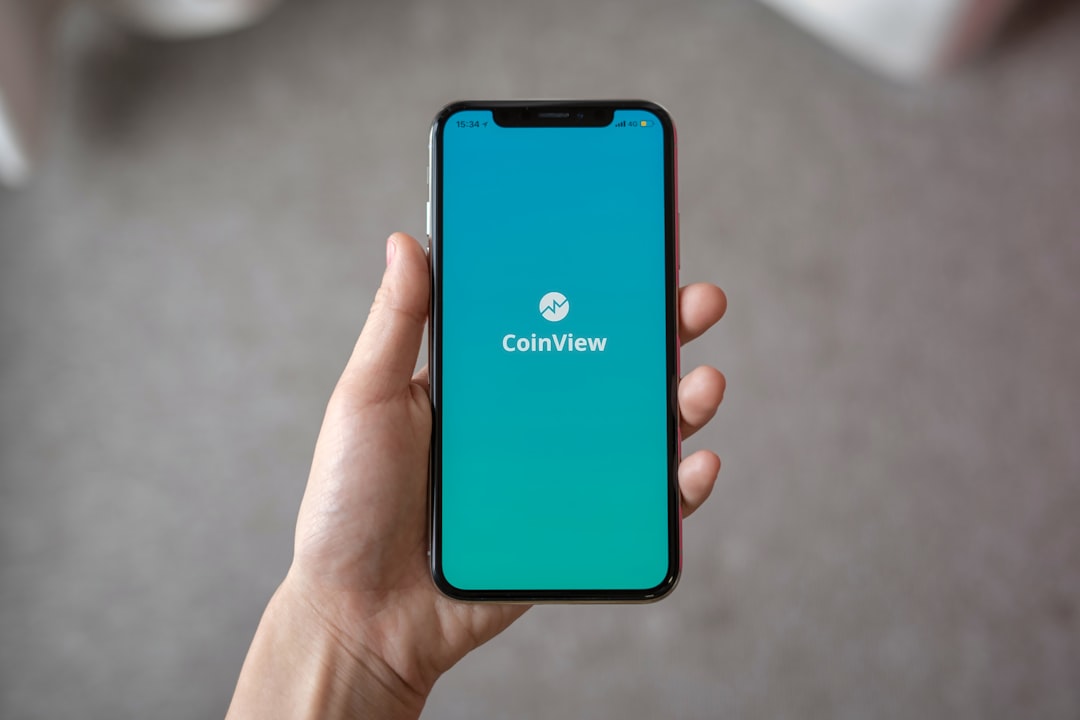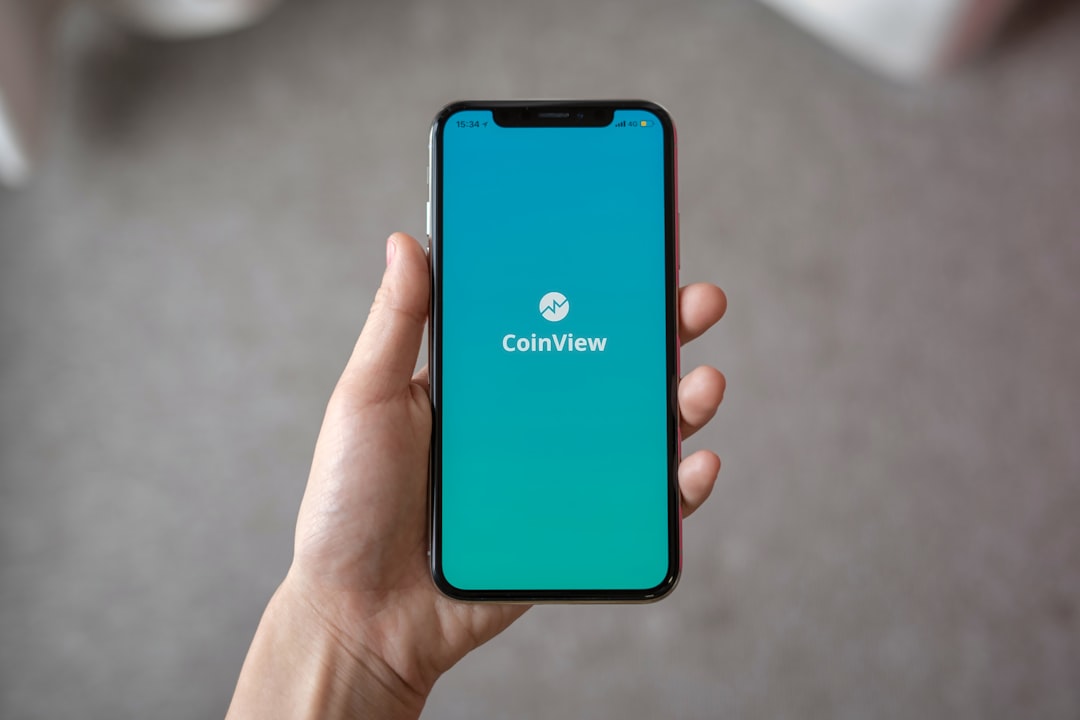In Colorado, debt collector attorneys must obtain explicit mutual consent from all parties before recording conversations to avoid illegal recording, civil penalties, and reputation damage. Strict call recording laws protect consumers' rights while fostering transparency, providing evidence for disputes, and encouraging fair communication between debtors and debt collectors. Debt collector Attorneys in Colorado must comply with the Fair Debt Collection Practices Act (FDCPA) and Colorado Debt Collections Act for legal integrity.
In Colorado, debt collector call recording laws are stringent, safeguarding consumer privacy rights. This comprehensive guide navigates the intricate regulations surrounding call recordings for debt collectors in the state. We explore how these laws protect consumers while holding attorneys and collection agencies accountable. Learn about compliance best practices, consumer rights, potential legal repercussions for non-compliance, and more from a debt collector attorney in Colorado.
Understanding Colorado's Call Recording Laws

In Colorado, call recording laws are designed to protect both consumers and debt collectors. It’s crucial for a debt collector attorney in Colorado to be aware that any party involved in a conversation can consent to record the call. If all parties agree, recordings can provide valuable evidence during legal proceedings or disputes about payment terms, communication tactics, or debt validity.
However, without explicit consent from both parties, recording conversations with a debt collector is illegal under Colorado law. Non-compliance may result in civil penalties and damage to one’s reputation. Therefore, it’s essential for debt collectors operating in Colorado to inform clients of their rights and obtain verbal consent before recording any calls. This ensures adherence to legal standards while facilitating clear communication throughout the debt collection process.
Debt Collector Regulations and Compliance

In Colorado, debt collectors must adhere to strict regulations set forth by both state and federal laws. These rules ensure fair practices and protect consumers from aggressive or misleading collection tactics. The Fair Debt Collection Practices Act (FDCPA) is a federal law that governs how debt collectors can communicate with individuals, including the use of recordings. In Colorado, additional protections are provided by the Colorado Debt Collections Act, which further regulates the behavior of debt collectors within the state.
Compliance with these laws is crucial for both debt collectors and their attorneys. Recordings of conversations between collectors and debtors must be made with explicit consent from the debtor, and the process should adhere to local regulations. Debtors in Colorado have rights, including the ability to request validation of the debt and to dispute inaccurate information. Maintaining compliance ensures legal validity and helps build trust with consumers, fostering a fairer and more transparent collection environment.
Protecting Consumer Rights During Calls

In Colorado, debt collector call recording laws are designed to protect consumer rights and ensure fair practices during telephone conversations. It’s illegal for a debt collector or their representative to make any oral communication in connection with the collection of a debt unless both parties agree to record the conversation. This means that all parties involved must be aware that the call is being recorded, ensuring transparency.
Having these recordings can serve as valuable evidence if a consumer feels their rights have been violated. A debt collector Attorney in Colorado may use these recordings to clarify misunderstandings, prove compliance with the law, or even help resolve disputes amicably. Consumers should feel empowered to request and keep records of such conversations to safeguard their interests.
Legal Implications for Non-Compliance

In Colorado, failure to comply with the state’s debt collector call recording laws can have significant legal implications for non-compliant parties, particularly debt collectors and their attorneys. These laws are designed to protect consumers from unethical or harassing collection practices by mandating that all oral communications between a debt collector and debtor be recorded and disclosed upon request. Non-compliance may result in civil penalties, as well as potential criminal charges for willful violation.
Debt collectors and their legal representatives must understand and adhere to these regulations to avoid legal repercussions. Failure to record calls or improperly handling recorded conversations can lead to lawsuits filed by affected consumers, seeking damages for violations of their privacy rights. Moreover, the Colorado Attorney General’s Office actively enforces these laws, ensuring that debt collection practices remain fair and transparent, thereby safeguarding the rights of both debtors and collectors alike.






